
Fiore Furlano de Cividale d'Austria, delli Liberi da Premariacco was a late 14th century knight, diplomat, and itinerant fencing master.

Giuseppe Felice Romani was an Italian poet and scholar of literature and mythology who wrote many librettos for the opera composers Donizetti and Bellini. Romani was considered the finest Italian librettist between Metastasio and Boito.
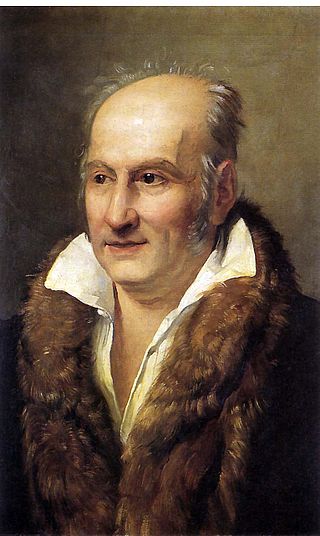
Gian Domenico Romagnosi was an Italian philosopher, economist and jurist.

Carlo Lizzani was an Italian film director, screenwriter and critic.
Scapigliatura is the name of an artistic movement that developed in Italy after the Risorgimento period (1815–71). The movement included poets, writers, musicians, painters and sculptors. The term Scapigliatura is the Italian equivalent of the French "bohème" (bohemian), and "Scapigliato" literally means "unkempt" or "dishevelled". Most of these authors have never been translated into English, hence in most cases this entry cannot have and has no detailed references to specific sources from English books and publications. However, a list of sources from Italian academic studies of the subject is included, as is a list of the authors' main works in Italian.

Paolo Gorini was an Italian mathematician, professor, scientist, and politician renowned as a pioneer of cremation in Europe, primarily in the United Kingdom.

Giuseppe Rovani was an Italian novelist and essayist. He took part in the Italian Risorgimento and was a forerunner of the Milanese Scapigliatura.

Ottone Visconti was Archbishop of Milan and Lord of Milan, the first of the Visconti line. Under his rule, the commune of Milan became a strong Ghibelline city and one of the Holy Roman Empire's seats in Italy.

Aldo Fabrizi was an Italian actor, director, screenwriter and comedian, best known for the role of the heroic priest in Roberto Rossellini's Rome, Open City and as partner of Totò in a number of successful comedies.

The Diocese of San Miniato is a Latin diocese of the Catholic Church in Tuscany. It is a suffragan of the archdiocese of Florence.

Carlo Ninchi was an Italian film actor. He appeared in more than 120 films between 1931 and 1963.

Carlo Tamberlani was an Italian film actor. He appeared in 127 films between 1931 and 1976. His brother Nando Tamberlani was also an actor.
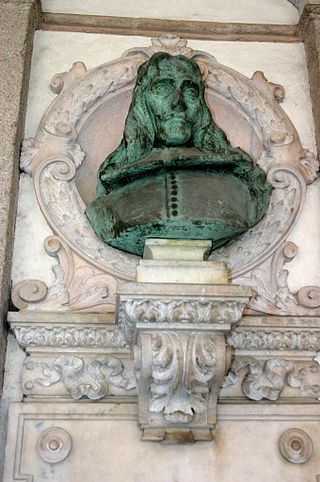
Carlo Maria Maggi was an Italian scholar, writer and poet. Despite being an Accademia della Crusca affiliate, he gained his fame as an author of "dialectal" works in Milanese language, for which he is considered the father of Milanese literature. Maggi's work was a major inspiration source for later Milanese scholars such as Carlo Porta and Giuseppe Parini.
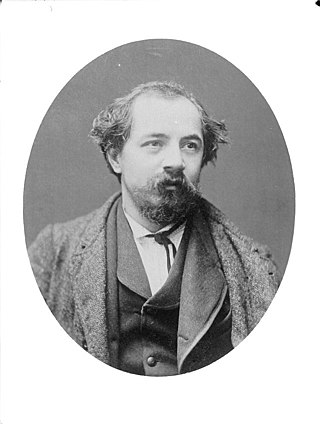
Tranquillo Cremona was an Italian painter. His paintings have a windswept style, lacking the linearity of Francesco Hayez and other academics; reminiscent of the Venice School and Titian.

Cherubino Cornienti was an Italian painter, active in a Romantic style mainly in Northern Italy.
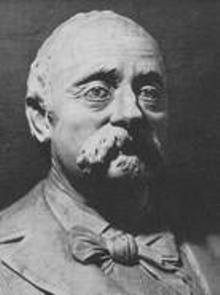
Paride Suzzara Verdi was an Italian patriot, journalist and politician.

The Orchestra Invisibile is an Italian band formed in 2005 in Cascina Rossago, the first Italian farm community designed to meet the needs and unfold possibilities of young adults with autism.
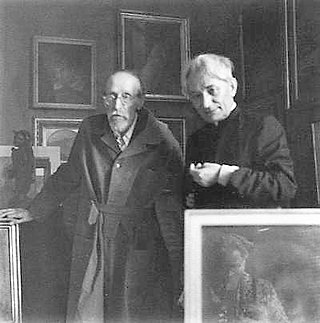
Cesare Angelini was an Italian presbyter, writer and literary critic.
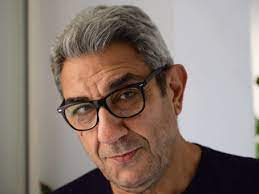
Giuseppe De Rosa, also known as Beppe De Rosa or Peppe De Rosa, is an Italian film and television actor.
Lombard line is the name of an artistic movement that developed in Northern Italy, particularly in the region of Lombardy, at the end of the 19th century and flourished during the first three quarters of the 20th century.



















